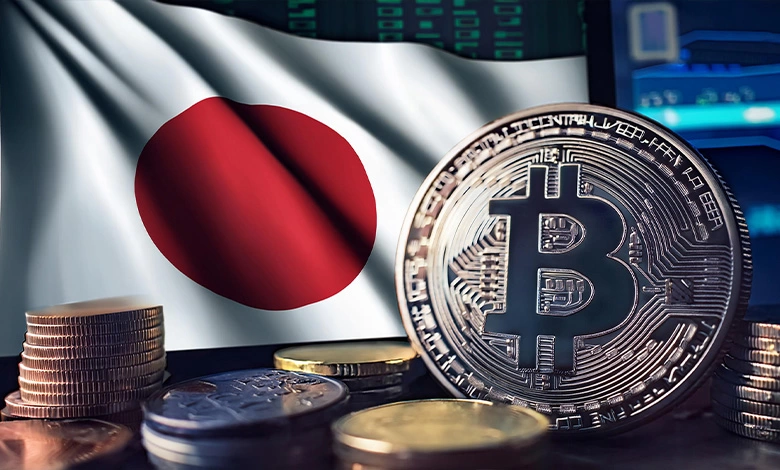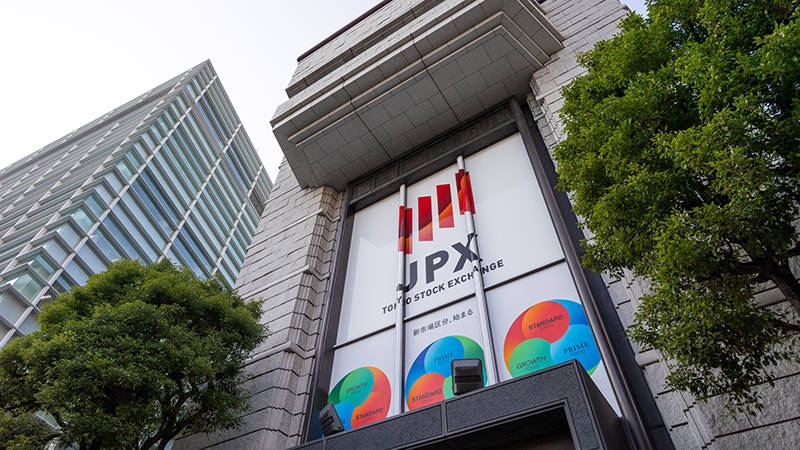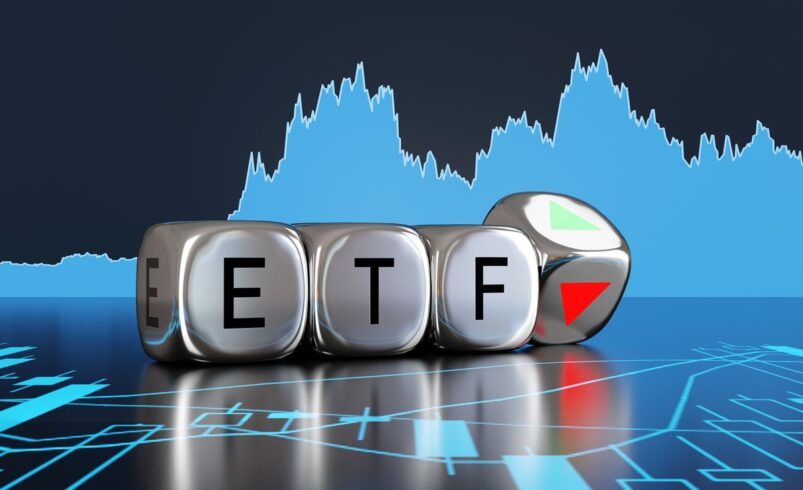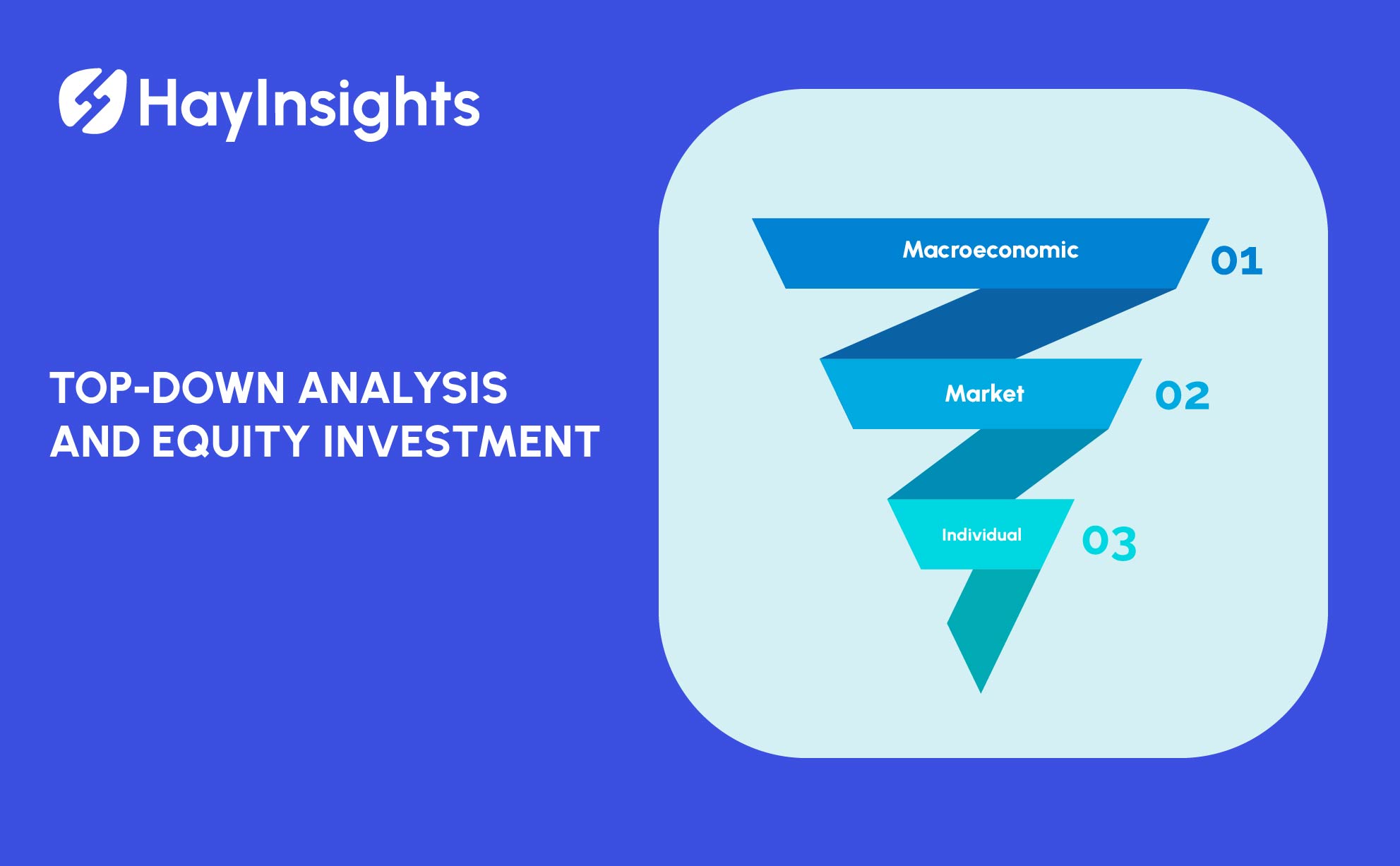
Investing in Japan’s Cryptocurrency Market: Risks and Opportunities
Japan has positioned itself as a major player in the global cryptocurrency market, offering a well-regulated environment for investors. With its progressive legal framework and strong demand for digital assets, Japan presents attractive opportunities for both local and international investors. However, despite its favorable regulatory structure, the cryptocurrency market in Japan, like elsewhere, comes with inherent risks that investors must understand and mitigate.
In this article, we’ll explore both the opportunities and risks of investing in Japan’s cryptocurrency market, offering a detailed overview of the current landscape, regulatory framework, and key investment strategies.
1. Overview of Japan’s Cryptocurrency Market
Japan has long been recognized for its innovation in technology, and this includes the cryptocurrency sector. As one of the first countries to legally recognize cryptocurrencies as a form of payment, Japan has taken a leading role in integrating blockchain technology into its economy. The country also established a robust regulatory framework, primarily through the Financial Services Agency (FSA), which ensures transparency and security in the crypto market.
After high-profile hacks like the Mt. Gox scandal in 2014 and the Coincheck breach in 2018, Japan introduced stringent regulations that require exchanges to register with the FSA, implement robust cybersecurity measures, and follow strict Anti-Money Laundering (AML) guidelines. This has made the Japanese cryptocurrency market one of the most regulated and investor-friendly globally.
2. Regulatory Clarity: A Unique Advantage for Investors
One of the major opportunities for investors in Japan’s cryptocurrency market is regulatory clarity. The Japanese government has made significant efforts to protect investors while promoting innovation within the cryptocurrency ecosystem. This is a stark contrast to many other countries where the regulatory landscape is still uncertain or developing.
Key Regulatory Highlights:
- Licensing Requirements: All cryptocurrency exchanges in Japan must register with the FSA, ensuring they meet stringent security standards.
- Investor Protection: Exchanges are required to segregate customer assets from company assets, reducing the risk of loss in case of bankruptcy.
- Stablecoin Regulations: Japan has clear guidelines on the use of stablecoins, offering a safe avenue for risk-averse investors to explore crypto.
This transparency offers confidence to both retail and institutional investors. The regulatory clarity reduces the risk of sudden government crackdowns or unexpected policy shifts, which are common concerns in less regulated markets.
3. Opportunities for Growth in the Japanese Crypto Market
Japan is not only a hub for cryptocurrency exchanges but also a growing market for blockchain innovation and decentralized finance (DeFi) projects. The country’s embrace of cryptocurrency offers several investment avenues:
A. Major Cryptocurrency Exchanges:
Japan hosts several leading cryptocurrency exchanges, including bitFlyer, Coincheck, and Liquid. These platforms provide access to a broad range of digital assets, including Bitcoin (BTC), Ethereum (ETH), and Ripple (XRP). For investors looking to capitalize on Japan’s regulated market, these exchanges offer a secure way to enter the crypto space.
B. Blockchain Startups:
Japan is also seeing an influx of blockchain startups focusing on industries like finance, healthcare, and supply chain management. Investing in these startups through venture capital or tokenized offerings presents significant upside potential for early adopters.
C. Japan’s Role in Bitcoin Adoption:
As one of the largest Bitcoin trading nations in the world, Japan has a strong influence on the price and adoption of Bitcoin. Many investors see Japan as a safe haven for Bitcoin investment, given its legal recognition and the increasing use of Bitcoin for real-world transactions.
4. Risks Associated with Japan’s Cryptocurrency Market
While Japan’s regulatory framework offers significant protection, the inherent risks of cryptocurrency investments cannot be overlooked. The volatility of digital assets, security threats, and technological complexities present challenges for even the most seasoned investors.
A. Market Volatility:
Cryptocurrencies, by nature, are highly volatile. While Japan’s regulation has brought some stability to the market, prices for digital assets like Bitcoin and Ethereum can still experience wild swings. For example, Bitcoin’s price fluctuations of 30-40% within days or even hours are not uncommon. This volatility makes short-term investing highly speculative and risky.
B. Security Concerns:
Despite stringent regulations, cryptocurrency exchanges in Japan are not immune to cyberattacks. The 2018 Coincheck hack, in which $530 million worth of NEM coins were stolen, is a reminder of the vulnerabilities that still exist. Even though exchanges are required to improve security measures, the risk of hacking and fraud remains.
C. Legal and Taxation Complexities:
Japan’s taxation system for cryptocurrency is also a factor to consider. Profits made from trading or investing in cryptocurrencies are categorized as miscellaneous income, which can result in higher tax rates (up to 55% for high-income individuals). Investors must be mindful of these tax implications when planning their investment strategies.
D. Competition and Technological Complexity:
The cryptocurrency market is growing rapidly, with new blockchain technologies and projects emerging frequently. Staying up to date with technological advancements and identifying viable investment opportunities amidst a sea of new tokens and projects can be overwhelming. Additionally, high competition among exchanges and DeFi platforms may dilute the profitability of investments in certain sectors.
5. Investment Strategies for Japan’s Cryptocurrency Market
Given the risks and opportunities, it is essential to approach cryptocurrency investing in Japan with a well-defined strategy. Here are a few tactics to maximize potential returns while minimizing risk:
A. Diversify Your Portfolio:
Investing in a range of cryptocurrencies, rather than putting all your capital into a single asset, can help spread risk. Bitcoin and Ethereum are popular choices, but considering altcoins like Ripple (XRP) or Litecoin (LTC) may also present growth potential.
B. Long-Term Holding (HODL):
For investors who are less interested in day trading, a long-term holding strategy (HODL) may be suitable. Given the long-term trajectory of the cryptocurrency market, holding assets for years rather than months could yield significant returns.
C. Use of Stablecoins:
To mitigate volatility, investors can allocate a portion of their portfolio to stablecoins such as Tether (USDT) or USD Coin (USDC). These assets are pegged to traditional currencies and can act as a hedge during market downturns.
D. Staking and Yield Farming:
Another strategy is staking or yield farming, where investors can earn interest or rewards by locking their cryptocurrency in a blockchain protocol. This is an increasingly popular method to generate passive income within the Japanese crypto ecosystem.
6. The Future of Cryptocurrency in Japan
Looking ahead, Japan’s cryptocurrency market is expected to continue growing, driven by advancements in blockchain technology and increasing institutional interest. The government’s ongoing efforts to foster innovation while ensuring security make Japan a potentially lucrative destination for cryptocurrency investors.
However, as with any investment, careful planning and risk management are essential. Japan’s regulatory framework provides a solid foundation, but the volatility and complexity of the market require thorough research and a disciplined approach.
Conclusion
Investing in Japan’s cryptocurrency market offers a unique blend of opportunity and risk. The country’s clear regulatory framework, large trading volumes, and growing blockchain ecosystem present compelling reasons for investors to explore this market. However, the inherent volatility of cryptocurrencies, combined with security and legal risks, means that investors must be vigilant.
By leveraging strategies like portfolio diversification, long-term holding, and utilizing Japan’s well-regulated exchanges, investors can potentially capitalize on the immense growth prospects while safeguarding their investments. In conclusion, while the road may be uncertain, Japan’s cryptocurrency market holds significant promise for those who approach it wisely.













